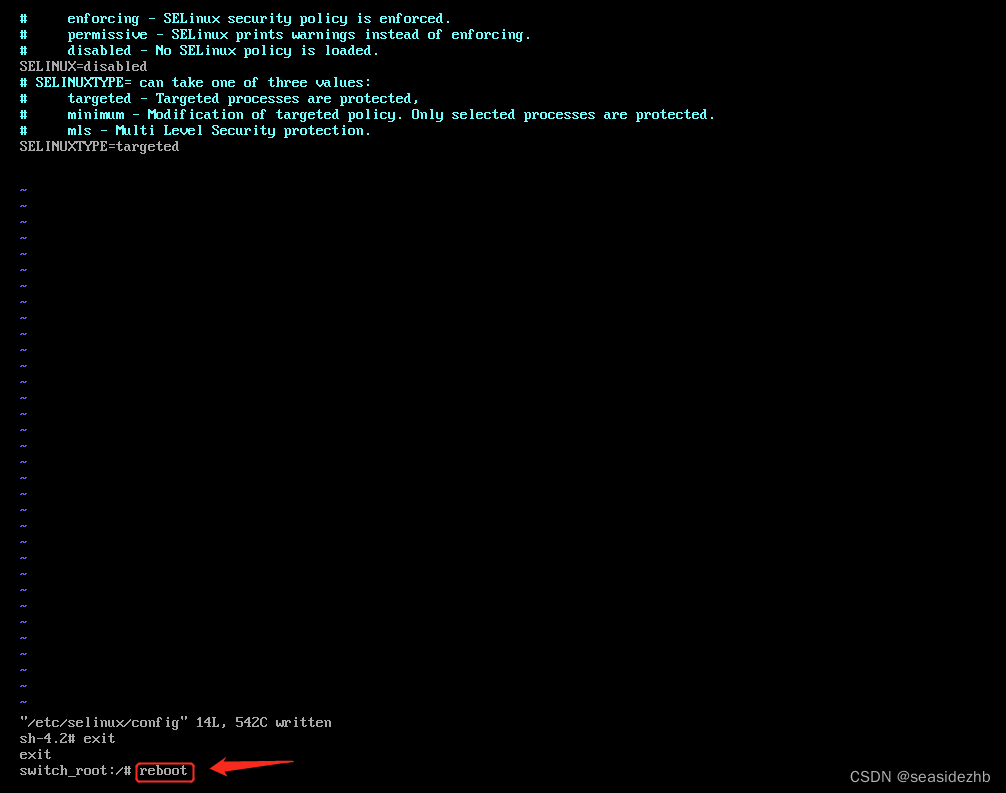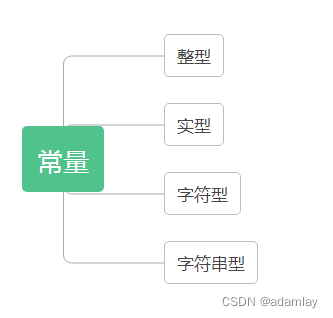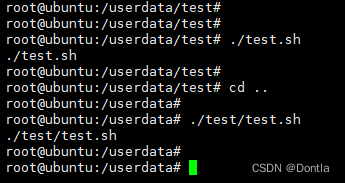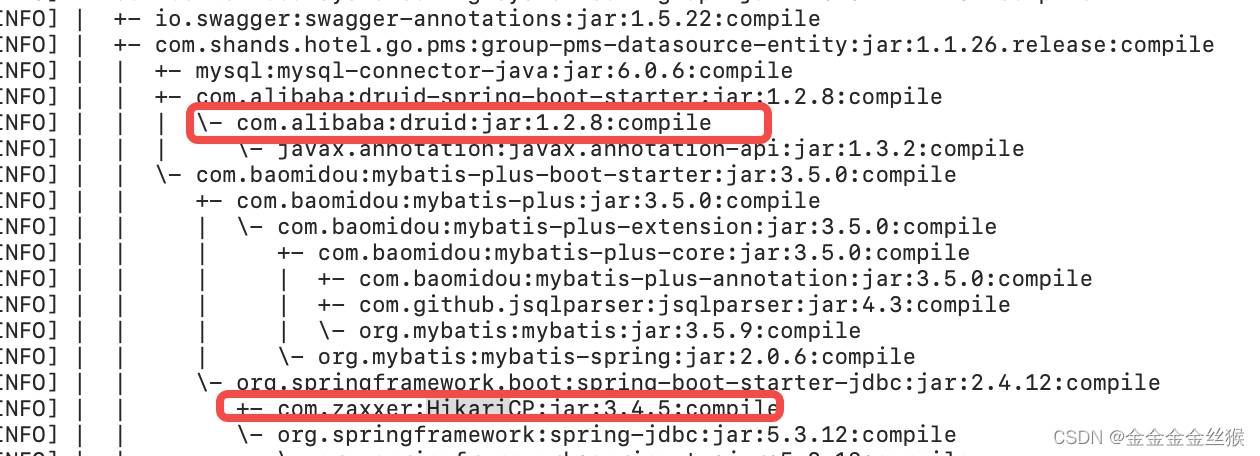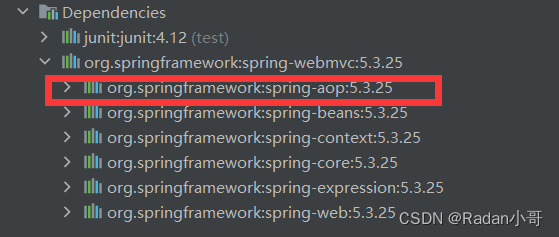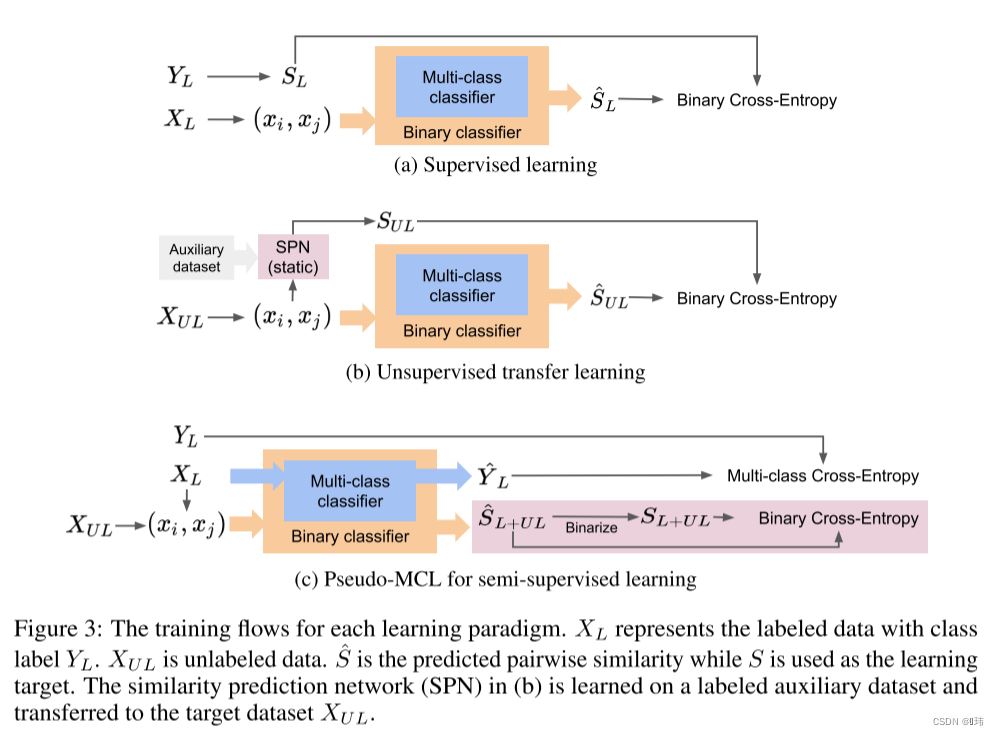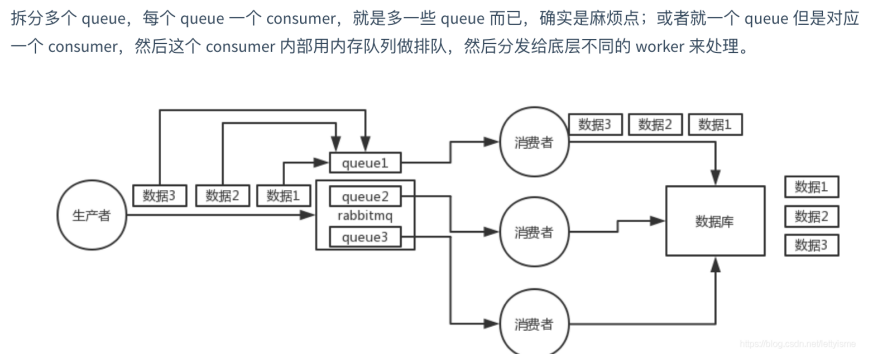
文章目录
- 1. 目的
- 2. 基本用法
- 2.1 说明
- 2.2 运行结果
- 3. 不推荐或不正确用法
- 3.1 不推荐用小写字母作为常量名字
- 3.2 常量名称中含有小写字母就会报warning
- 3.3 定义常量时,不指定数据类型会编译报错
- 4. const 和 immutable 的区别
- 4.1 const 可以在函数外声明,let 只能在函数内声明
- 4.2 let 等号右侧可以是运行时确定的内容,const 等号右侧必须编译时确定
- 5. 总结
1. 目的
学习 rust 语言中常量的使用。
2. 基本用法
2.1 说明
const 大写名字:数据类型 = 值;
例如定义数学中的 π 为常量, const PI:f64 = 3.1415926;
fn main() {
// const 大写名字:数据类型 = 值;
const PI:f64 = 3.1415926;
println!("PI {}", PI);
}
2.2 运行结果
zz@Legion-R7000P% rustc f1.rs
zz@Legion-R7000P% ./f1
PI 3.1415926
3. 不推荐或不正确用法
3.1 不推荐用小写字母作为常量名字
fn main() {
// 常量 g 是小写字母, rust 编译器会提示为警告
const g:f64 = 9.78186;
println!("g {}", g);
}

zz@Legion-R7000P% rustc f2.rs
warning: constant `g` should have an upper case name
--> f2.rs:3:11
|
3 | const g:f64 = 9.78186;
| ^ help: convert the identifier to upper case: `G`
|
= note: `#[warn(non_upper_case_globals)]` on by default
warning: 1 warning emitted
3.2 常量名称中含有小写字母就会报warning
fn main() {
// 常量 Gravity 包含了小写字母, rust 编译器会提示为警告
const Gravity:f64 = 9.78186;
println!("Gravity {}", Gravity);
}

zz@Legion-R7000P% rustc f3.rs
warning: constant `Gravity` should have an upper case name
--> f3.rs:3:11
|
3 | const Gravity:f64 = 9.78186;
| ^^^^^^^ help: convert the identifier to upper case: `GRAVITY`
|
= note: `#[warn(non_upper_case_globals)]` on by default
warning: 1 warning emitted
3.3 定义常量时,不指定数据类型会编译报错
fn main() {
// 常量 G 应该指定数据类型,否则编译报错
const G = 9.78186;
println!("G {}", G);
}

zz@Legion-R7000P% rustc f4.rs
error: missing type for `const` item
--> f4.rs:3:12
|
3 | const G = 9.78186;
| ^ help: provide a type for the constant: `: f64`
error: aborting due to previous error
4. const 和 immutable 的区别
抛开变量/常量名字的大小写,我们考虑 const 和 immutable 的区别。如下代码乍一看,好像都表达了 C/C++ 语言中的 const:
let g:f64 = 9.78186;
和
const G:64 = 9.78186;
4.1 const 可以在函数外声明,let 只能在函数内声明
如下是一个错误示范,会触发编译报错,原因是 let g:f64=9.78186 不能放在函数外头。
f5.rust:
let g:f64 = 9.78186;
fn main() {
println!("hello rust");
}

zz@Legion-R7000P% rustc f5.rs
error: expected item, found keyword `let`
--> f5.rs:1:1
|
1 | let g:f64 = 9.78186;
| ^^^ consider using `const` or `static` instead of `let` for global variables
error: aborting due to previous error
如下是一个正确的例子, const G:f64 = 78186 可以放在函数外定义:
f6.rust:
const G:f64 = 9.78186;
fn main() {
println!("hello rust");
println!("G {}", G);
}
运行不会报错:
zz@Legion-R7000P% ./f6
hello rust
G 9.78186
4.2 let 等号右侧可以是运行时确定的内容,const 等号右侧必须编译时确定
也就是说, rust 语言中的 const, 表达的是编译期就确定的值, 可以理解为 C/C++ 中的 constexpr, 而并不是等同于 C/C++ 的 const.
例如如下代码的 const H:i32 = a + 232 将导致编译报错, 而 let b = a + 232 则不会报错。
f7.rs:
fn main() {
let a = 1;
let b = a + 232; // ok
const H:i32 = a + 232; // cause compile error
println!("a = {}", a);
println!("b = {}", b);
println!("H = {}", H);
}

zz@Legion-R7000P% rustc f7.rs
error[E0435]: attempt to use a non-constant value in a constant
--> f7.rs:5:19
|
5 | const H:i32 = a + 232;
| ------- ^ non-constant value
| |
| help: consider using `let` instead of `const`: `let H`
error: aborting due to previous error
For more information about this error, try `rustc --explain E0435`.
5. 总结
-
rust 语言中的
const表达的是 C/C++ 中的constexpr的含义, 是编译期确定取值,因此不能把运行期确定值的变量赋值到 const 修饰的变量上。 -
rust 语言的
const, 可以在函数外使用, 而let a=123形式定义变量, 虽然是 immutable 的,但是只能在函数内使用。

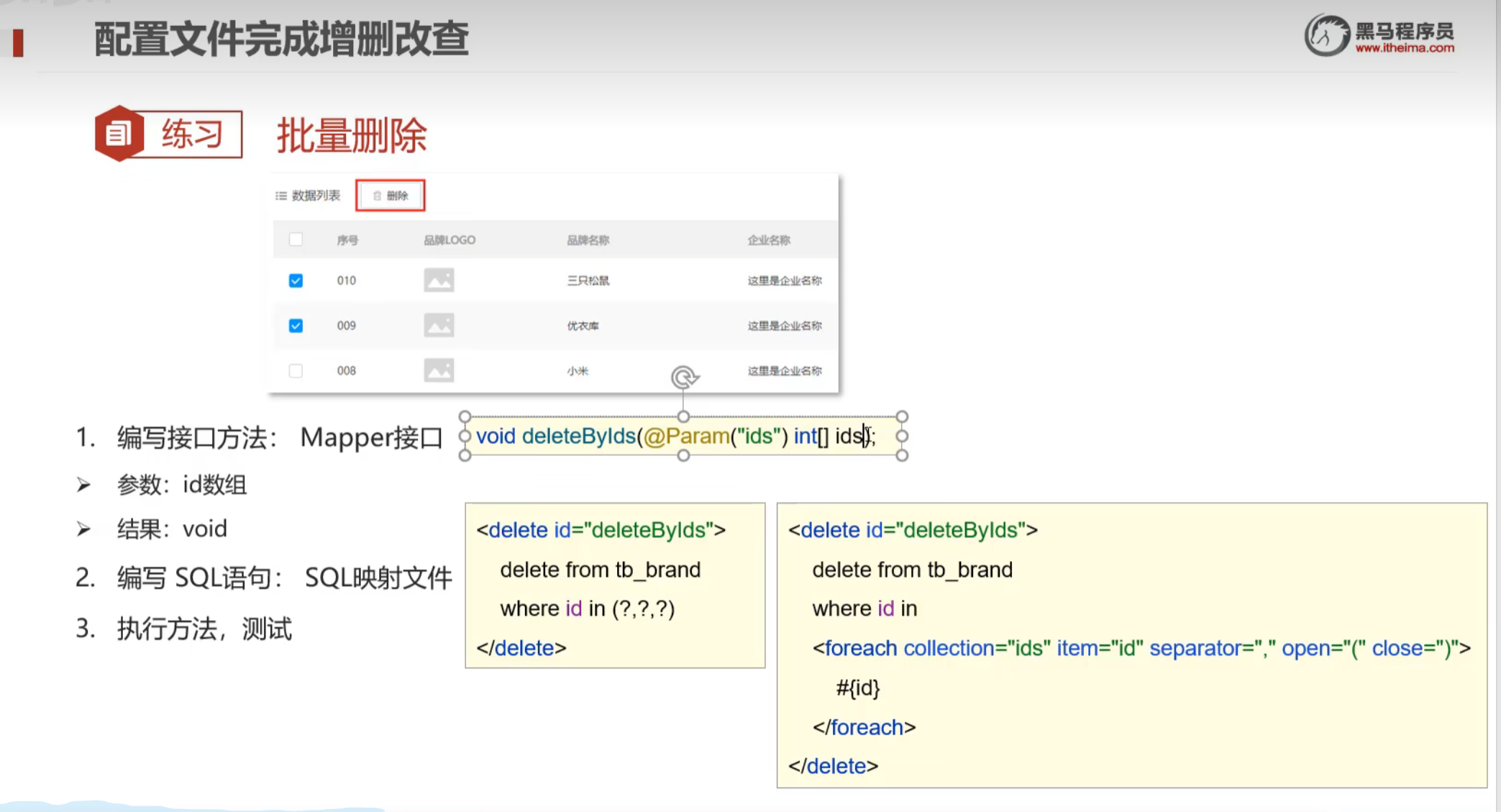

![[JVM]再聊 CMS 收集器](https://img-blog.csdnimg.cn/a4fe8c81a83745e8bf7d9c1cf60639d9.png)

